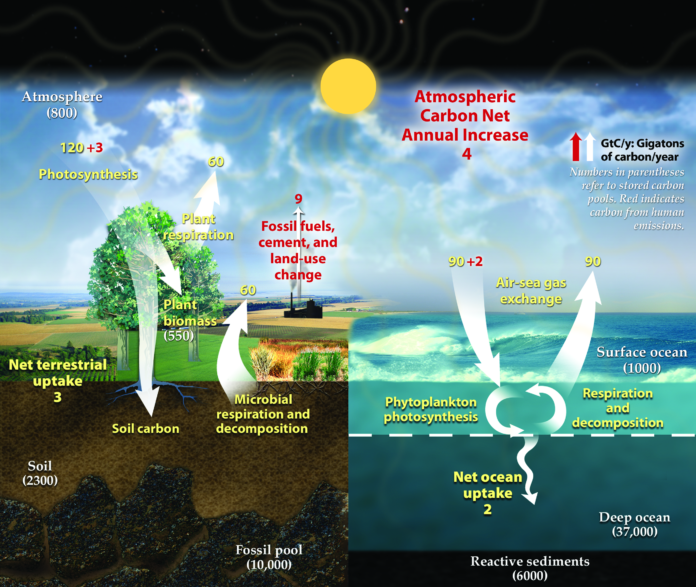Developing, Developed World Reiterate Commitment to move away from High Global Warming Potential HFCs to Limit Increase in Global Warming
India Highlights Importance of Having Verifiable Data on HFCs
Parties across the developing and developed world have reiterated their commitment to moving away from high Global Warming Potential (GWP) HFCs for limiting increase in global warming. The key issue that the parties have started discussing at the 38th meeting of the Open Ended Working Group of Parties to the Montreal Protocol, which is underway in Vienna, is the baseline for non-Article 5 and Article 5 parties. Parties have highlighted that absence of verifiable historical data is a challenge in establishing a baseline for Article 5 and Non-Article- 5 countries.
The Indian delegation highlighted the importance of having verifiable data on HFCs to calculate the baseline and deciding upon baseline years. As such having baseline in the past without objective verifiable data is not logical, in the absence of which, it will be difficult to deal with future and work with uncertainties.
In addition, India has also submitted a Conference Room Paper (CRP) aimed at improving the transparency and flexibility of the Multilateral Fund of the Montreal Protocol (MLF). MLF has been the key in supporting the earlier transition away from Ozone Depleting Substances, and is widely recognised for its success as the only global scale financial transfer mechanism for mitigating environmental impacts. However, based on earlier experience of developing countries, there have been concerns around the flexibility and transparency of this extremely important mechanism. The Indian submission emphasises: (i) developing guidelines for incorporating the principle of flexibility, (ii) improving understanding of methodologies for calculating incremental cost, (iii) developing cost guidance for enhancing energy efficiency, (iv) increasing institutional strengthening for supporting any new commitments, and (v) prioritising technical assistance for building capacity to address safety issues.
Actual data on production and consumption of HFCs is necessary for understanding the historical evolution and establishing a baseline. The baseline is instrumental in determining future consumption and emissions. Many non-Article 5 parties like Canada, Norway, Japan, the EU, etc. have submitted that they have got reliable data for historical HFC consumption. Such data is not in public domain, besides data for most Article 5 parties (developing countries) is not available at all. Some of the Article 5 parties raised strong concerns that many countries in this grouping do not have an accounting system and inventory of HFCs in place.






















